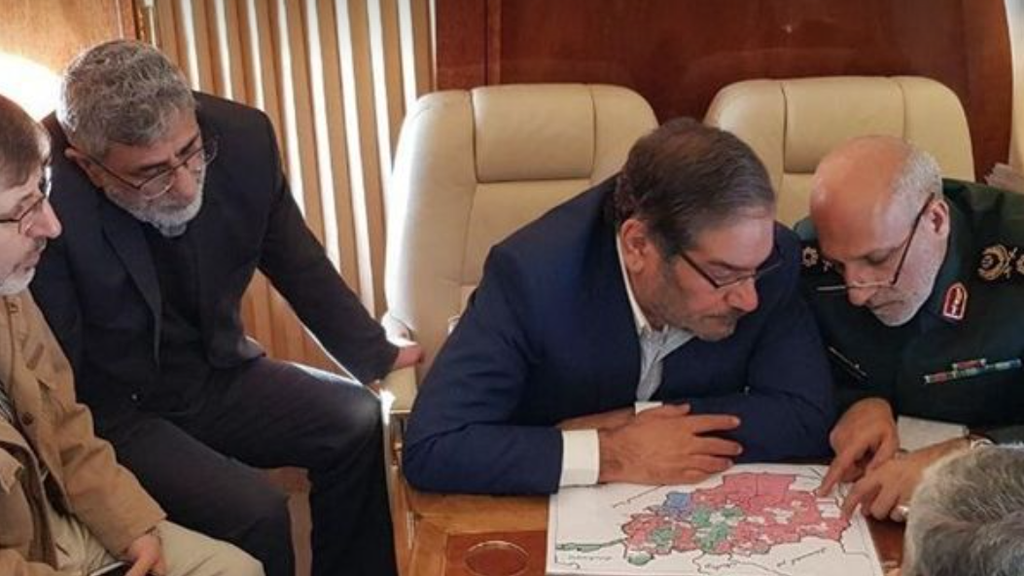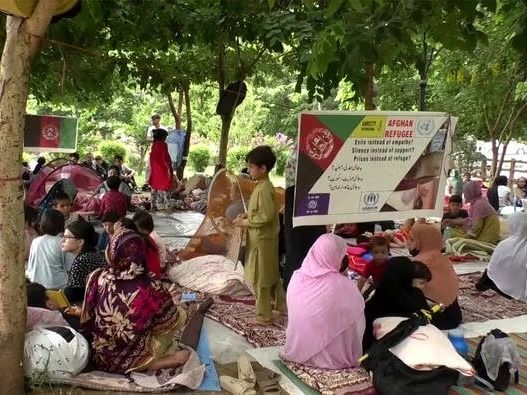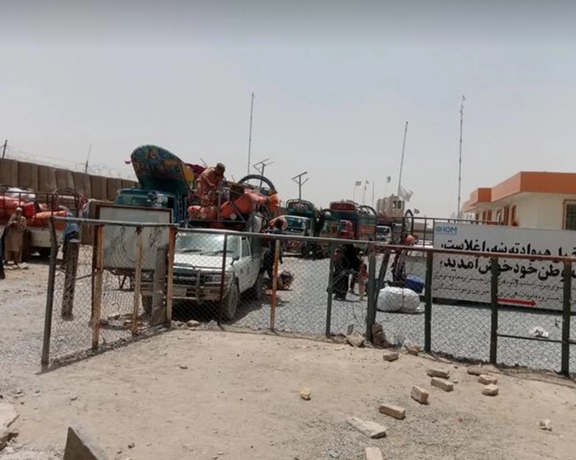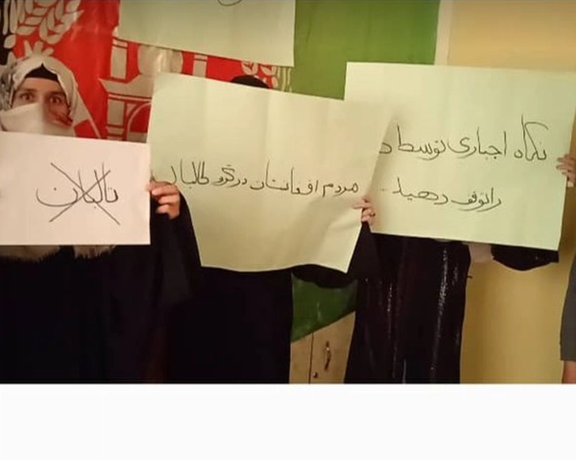According to the sources, the Taliban will provide land to TTP members in northern Afghanistan and Pakistan will provide them with financial support for resettlement and agricultural tools.
Due to their membership to the TTP and being in opposition of the government of Pakistan, these Pakistani citizens have been living in Afghanistan as refugees and have been settled in camps in border areas in southern and eastern Afghanistan.
A source from the Taliban told Afghanistan International that the new agreement about TTP members has been negotiated between the Taliban and Pakistan’s Inter-Service Intelligence (ISI).
Afghanistan International’s source said that Taliban leader Mullah Hibatullah Akhundzada too has supported the new agreement and asked TTP members to stay in peace, with security, and reconciliation in Afghanistan and to refrain from using Afghan soil for attacks.
The source from the Taliban government added that initially, TTP opposed the Taliban’s plan and said that if the members of the group wanted to live peacefully, they could stay in Pakistan and benefit from the privileges given by Islamabad.
Meanwhile, a source of TTP told Afghanistan International that they have been aware of the new deal from media reports, however, he stressed that they have not taken any practical steps based on the new agreement.
However, he stressed, "If Sheikh Hibatullah gives an order, we will not reject it."
According to the TTP source, the leader of Tehreek-e-Taliban Pakistan recently said in a meeting, "We and you are obliged to obey the Emirate [Afghan Taliban]. If we are not ordered to wage Jihad, we won't do it."
According to the TTP source, in this meeting, the leaders of TTP emphasised, "Our movement was formed to defend the emirate; we have pledged allegiance to the emirate; so obedience [to the Taliban's Islamic Emirate] is obligatory."
However, the source added, “The Emirate never told us not to fight in Pakistan. They just said, don't take our Mujahideen with you. One thing is necessary for us, which is Jihad, and the rest must understand. The opinions and thoughts of Sheikh Hibatullah never opposes Jihad.”
On the other hand, Zabihullah Mujahid, the Kandahar-based spokesperson of the Taliban, told local media outlets in Afghanistan that the Taliban has decided to transfer Pakistani refugees, who were displaced to Khost and Kunar provinces due to the war, to areas far from the Durand line.
Following the news of the transfer of these Pakistani citizens to northern Afghanistan, the National Resistance Front (NRF) and some other groups in Afghanistan strongly opposed this plan and considered it to be the basis for the "partition" of Afghanistan.
While the Taliban sources have confirmed their plan to relocate these Pakistani Taliban members potentially to northern Afghanistan, it may fuel more opposition as many believe that it is part of the agenda to transform the ethnic composition of the population of northern Afghanistan.






